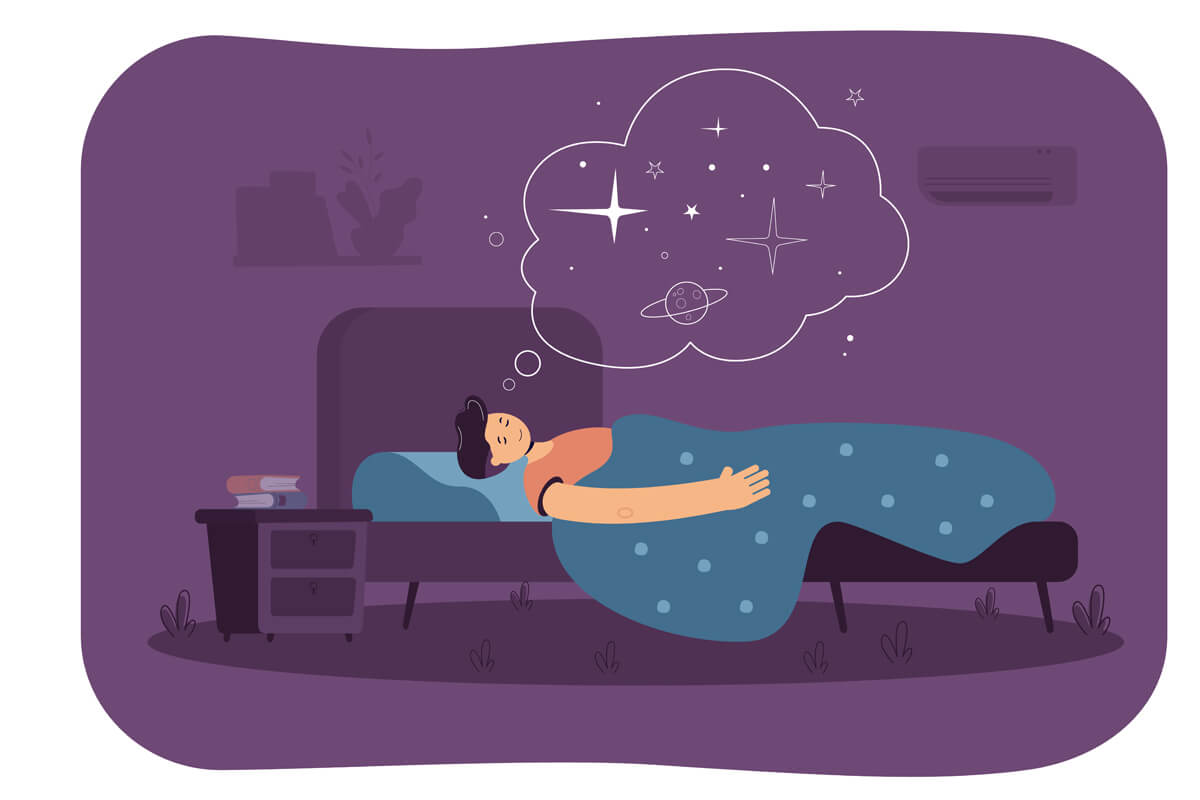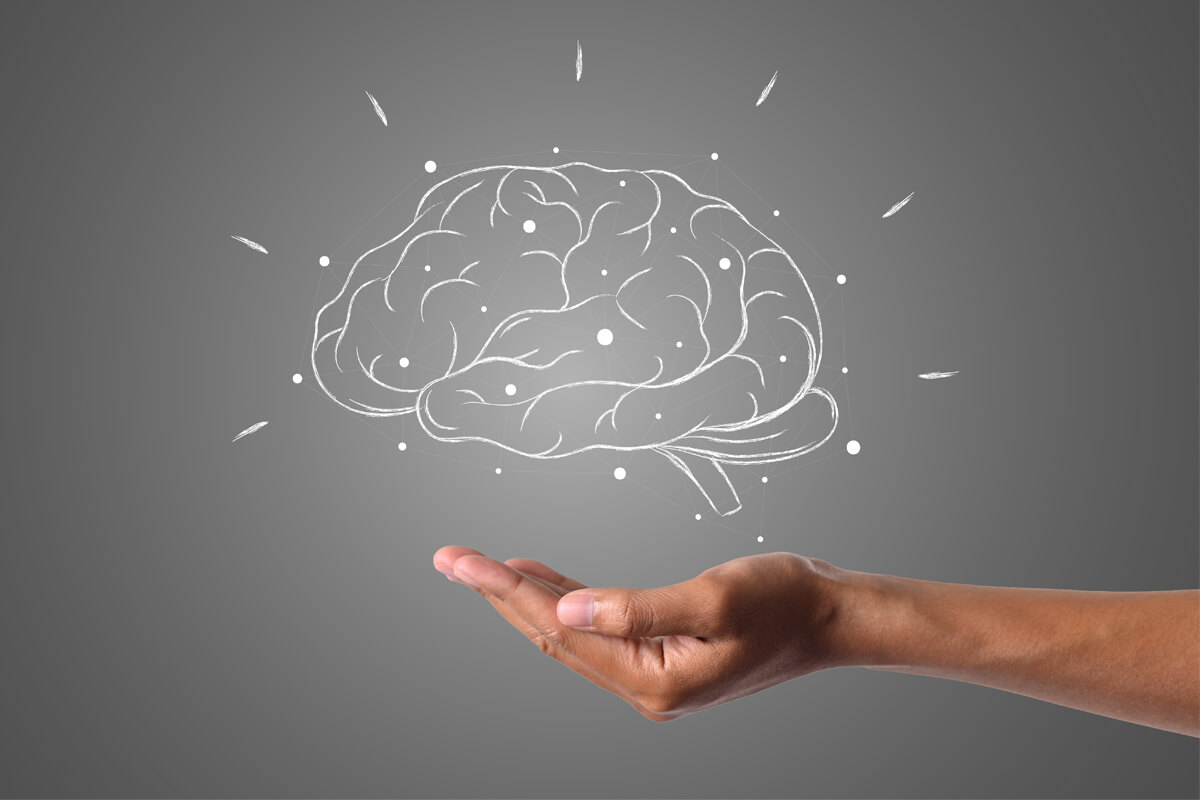Physical training is commonly thought of as a way to improve your cardiovascular health, muscle mass, and, of course, getting a chiseled physique. But the benefits of training don't stop there; they even extend above the neck. Several studies over the years have focused on how exercise (and remaining healthy in general) can have a positive effect on mental wellbeing, regardless of fitness level or age.
Learn about the surprising ways on how workouts can help improve mental wellbeing, relationships, and overall health and happiness.
Controls Anxiety and Depression

Working is as effective as an antidepressant treatment in treating mild to moderate depression—without the side effects. For instance, a recent study from the Harvard T.H. Chan School of Public Health discovered that running for 15 minutes or walking for an hour each day decreases the risk of major depression by 26%. For a variety of factors, exercise is an effective antidepressant. Most significantly, it encourages types of brain changes, like neural development, decreased inflammation, and new activity patterns that promote feelings of relaxation and wellbeing. Exercise is also an anti-anxiety therapy that is both natural and successful. The release of endorphins relieves anxiety and stress, increases physical and mental vitality, and improves overall wellbeing.
Keeps You Motivated and Happy

When you work out, your body releases endorphins, which are happy and euphoric chemicals. Exercise also has been shown to decrease risk in people with major depression by 22 per cent by circulating endorphins. So, the next time you are feeling low or worried about something - a little stroll down the lane can be just what you need to cure a bout of the blues.
Releases Stress

Physical training increases blood flow to the brain, which boosts the body's norepinephrine production, an organic chemical or neurotransmitter that aids in stress regulation. Exercising also helps lower the stress hormone - Cortisol. Whenever you feel stressed or at the end of a hard day's work, get some physical activity to pump up the blood flow to your brain. You will feel a lot better.
Helps with Getting Better Sleep

Working out will also help you get a good night's sleep if you're having trouble sleeping. Physical exercise raises body temperature, which can help relax the mind, resulting in quality sleep time. Exercise also aids in regulating the circadian rhythm, which is our bodys' built-in alarm clock that regulates when we feel tired and alert.
Increases Self-Esteem and Confidence

Regular exercise can help you achieve various physical goals, such as enhancing stamina, losing weight, and increasing muscle tone. All of these accomplishments can add a massive boost in self-esteem, as well as the optimism that comes with it. You didn't set out to achieve better-fitting clothing, a slimmer physique, or the ability to climb a hill without getting out of breath. It always occurs before you are even aware of it. It's just one of the many health benefits of exercise for your body, mind, and spirit.
Increases Focus and Energy

If you want to get that promotion, rather than working an additional thirty minutes during your lunch break, squeeze in a fast workout. According to the Harvard Business Review, exercise, particularly exercise done during work hours, can boost your "mental firepower" by improving skills like concentration, attention, and creativity. We're not claiming that working out would guarantee you your dream job - But hey, it won't hurt for sure!
Increases Cognitive Function

It is unpleasant, but it is true – as you get older, your brains gets a little… hazy. As ageing and degenerative diseases like Alzheimer’s kill off brain cells, the brain shrinks, losing many essential brain functions in the process. Training and a healthy diet can help you shore up the brain against cognitive decline that begins after age 45. Working out, especially between the age 25 and 45, boosts the chemical in the brain that prevents degeneration of the hippocampus, an essential part of the brain that helps with your memory and learning.
Now, if you are already into physical exercise then we don’t have to say more but if we have convinced you enough to start right away, then go through a detailed blog we have for you on The 10 Most Useful Tip for Beginner Bodybuilders and Weightlifters and start your fitness journey. And for those who want to make the most of your workouts, we would recommend you to read our blog titled, Essential Training Tips For Maximum Results.
Bottom Line
To reap the many mental benefits of working out, you don't need to spend hours in the gym or push yourself to do long, monotonous workouts. Consider physical exercise as a way of life rather than a chore to cross off your to-do list. Examine your everyday routine for opportunities to add any kind of physical activity to your day.
References
https://adaa.org/understanding-anxiety/related-illnesses/other-related-conditions/stress/physical-activity-reduces-st
https://www.ncbi.nlm.nih.gov/pmc/articles/PMC1470658/
https://www.apa.org/monitor/2011/12/exercise





